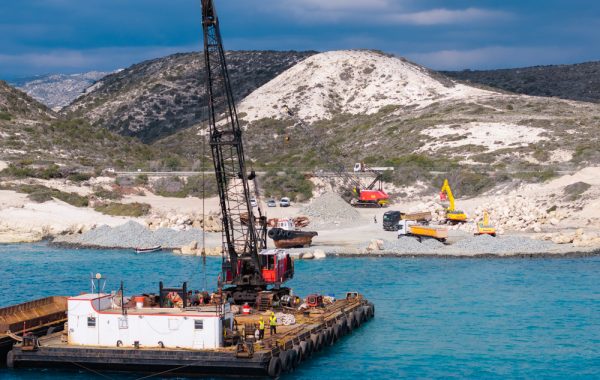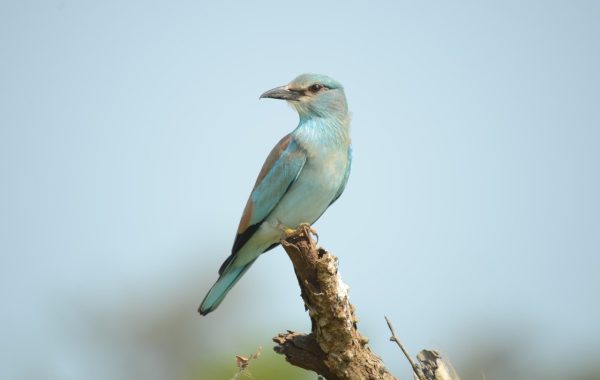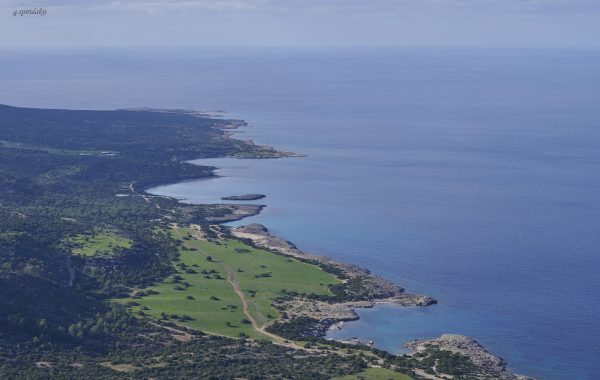BirdLife Cyprus, the Cyprus Conservation Foundation Terra Cypria, Friends of the Earth Cyprus, the Committee Against Bird Slaughter (CABS) and the Foundation Pro Biodiversity (SPA) support and welcome the acacia (Acacia saligna) removal at Cape Pyla, implemented by the British Bases.
Acacia is an invasive alien plant species in Cyprus. It displaces native species, thus destroying the natural habitat of the area in which it grows. This means that the acacia takes over the native vegetation, making it one of the biggest threats to the island’s nature and wildlife. The native habitat in Cape Pyla is floristically very rich, with rich flower diversity and low phrygana vegetation and very few trees and never constituted a forest ecosystem. As a consequence the presence of acacias in this area negatively affects beyond the plant species also the fauna species that depend on this type of vegetation.
Invasive alien species are a time-bomb for biodiversity and the European Union is tackling this problem through a new Regulation 1143 which was adopted in 2014. The restoration of protected areas from invading Acacias is also an obligation under the Habitats Directive (92/43/EEC) as well as the laws the Republic of Cyprus implements, which require the restoration of habitats to a favourable status.
We emphasize that the methodology for removing and controlling acacia is based on best practice and is also the same as that used by the Republic of Cyprus and is recommended by the International Union for Conservation of Nature (IUCN).
It must be noted that large areas of acacia located in Cape Pyla are used for the illegal trapping of birds with mist nets. These trees were illegally planted by trappers and continue to be watered illegally with the sole purpose of attracting and trapping birds, mainly using mist nets, which led to the development of illegal bird trapping in an extended scale.
Trappers have illegally installed irrigation systems to water the acacias in order to help them grow fast, which develop rich foliage, making them more attractive to birds. The watering systems use water from illegal boreholes or water intended for agriculture, further depleting already degraded water tables.
Removing acacias will help towards the restoration of the natural ecosystems to a favourable status, which is an obligation by law, and the reduction of illegal bird trapping. Therefore we support the acacia removal programme of the British Bases.




